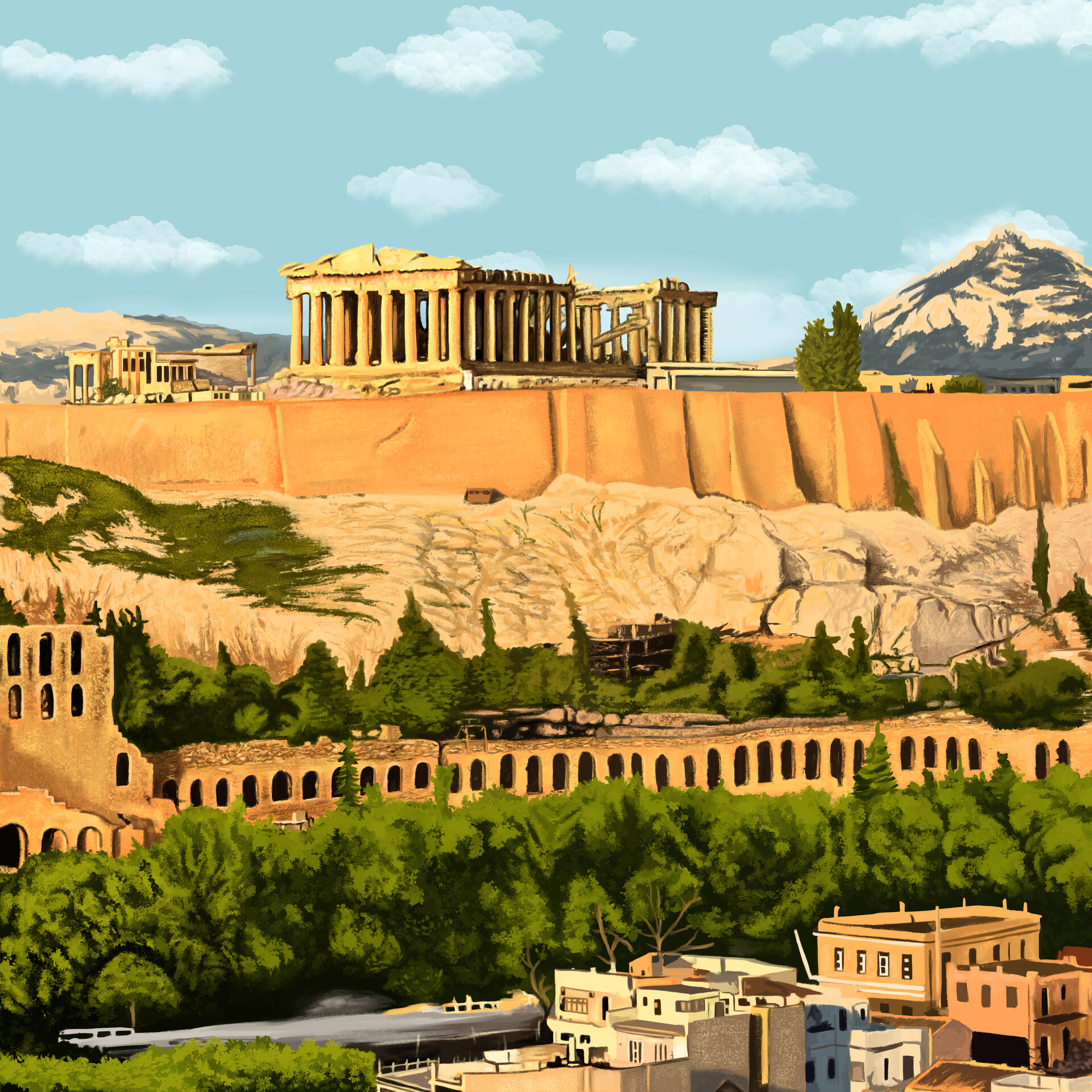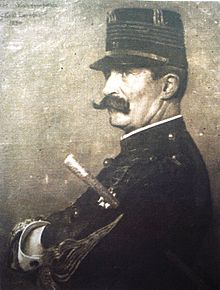Exploring the Independent Greek City-States: A Deep Dive into Ancient Hellenic Cities
Discover the rich history of Greek city-states, their unique features, and how they shaped ancient Greece. Learn about Athens, Sparta, Corinth, and more.
Major Greek City-States and Their Unique Features
Ancient Greece was a mosaic of independent city-states, each with its unique characteristics and influence on the Hellenic world. These city-states, or poleis, were self-governing entities that played a crucial role in the political, military, and cultural life of ancient Greece. Let’s delve into some of the most prominent city-states and their distinct features.
Athens: The Birthplace of Democracy
Athens stands out as one of the most influential Greek city-states, renowned for its contributions to democracy and philosophy.
Key Historical Events
- The Persian Wars (499–449 BCE): Athens played a pivotal role in resisting Persian invasions, notably during the Battle of Marathon and the naval Battle of Salamis.
- The Golden Age of Athens (5th Century BCE): This era, under the leadership of Pericles, saw significant advancements in arts, philosophy, and architecture.
Contributions to Democracy
Athens is celebrated as the cradle of democracy, where citizens participated directly in decision-making processes. The Athenian democracy was characterized by:
- Direct participation: Citizens voted on laws and policies.
- Public debates: Forums for discussing and shaping public policy.
Cultural Achievements
- Philosophy: Figures like Socrates, Plato, and Aristotle made significant philosophical contributions.
- Architecture: The Parthenon, an iconic symbol of ancient Greece, was constructed during this period.
Sparta: The Militaristic Powerhouse
Sparta, in contrast to Athens, was known for its rigorous military discipline and oligarchic government.
Social Structure and Military Practices
Sparta’s society was structured around a military-focused ethos. Key aspects included:
- The Agoge: A state-sponsored education system focusing on military training and discipline for Spartan boys.
- Helots: Enslaved people who worked the land, allowing Spartan citizens to focus on military pursuits.
Significant Conflicts
- The Peloponnesian War (431–404 BCE): Sparta’s rivalry with Athens led to a prolonged and devastating conflict, resulting in Spartan victory and dominance over Athens.
Corinth: The Trade Hub
Corinth was strategically located on the Isthmus of Corinth, making it a vital center for trade and commerce.
Key Trade Routes and Economic Impact
- The Diolkos: A paved trackway allowing ships to be transported across the Isthmus, facilitating trade between the Aegean and Ionian seas.
- Economic Prosperity: Corinth’s wealth derived from its control over key trade routes and its thriving commercial activities.
The Role of Geography in City-State Development
Geography significantly influenced the development of Greek city-states, affecting their economic, military, and social structures.
City-States and Their Natural Resources
- Coastal Cities: Such as Athens and Corinth, benefited from maritime trade and access to diverse resources.
- Inland Cities: Like Sparta, relied more on agriculture and military prowess due to their less favorable trade conditions.
Coastal Cities vs. Inland Cities
- Coastal Cities: Had advantages such as easier access to trade routes and naval power.
- Inland Cities: Focused on self-sufficiency and military strength due to limited external trade.
Political and Military Alliances
Greek city-states often formed alliances to bolster their military and political power, leading to both cooperation and conflict.
The Delian League and the Peloponnesian League
- The Delian League: An alliance led by Athens, aimed at protecting Greek city-states from Persian aggression.
- The Peloponnesian League: Led by Sparta, focused on countering Athenian power and influence.
Key Conflicts and Wars
- The Peloponnesian War: A major conflict between Athens and Sparta, highlighting the competitive nature of Greek city-states.
Cultural and Social Contributions
City-states were not only military and political entities but also cultural hubs contributing to Greek arts, philosophy, and religious practices.
Contributions to Philosophy and Arts
- Philosophy: Great thinkers like Socrates and Aristotle hailed from Athens, influencing Western thought.
- Arts: Festivals such as the Dionysia in Athens celebrated drama and theatre, with playwrights like Sophocles and Euripides.
Festivals and Religious Practices
- The Olympic Games: Held in Olympia, these games were a significant cultural event that brought together various Greek city-states in a spirit of competition and unity.
The Decline and Legacy of Greek City-States
The decline of the Greek city-states came about due to internal strife and external pressures, but their legacy endures.
Factors Leading to the Decline
- Internal Conflicts: Frequent wars between city-states weakened their overall stability.
- External Threats: The rise of Macedon under Philip II and his son Alexander the Great marked the end of the classical city-state era.
Influence on Modern Governance
The concept of democracy and civic participation developed in Athens has profoundly influenced modern political systems, shaping contemporary ideas of governance and civic responsibility.
Main Characters in Greek City-State History
| Character | Role | Significance |
|---|---|---|
| Pericles | Athenian Leader | Prominent statesman during Athens’ Golden Age. |
| Leonidas I | Spartan King | Famous for his leadership at the Battle of Thermopylae. |
| Cyrus the Great | Persian King | His wars with Greek city-states, including Athens. |
| Themistocles | Athenian General | Key figure in the naval victory at the Battle of Salamis. |
References:
- History Defined: What Were the City-States of Ancient Greece? https://www.historydefined.net






